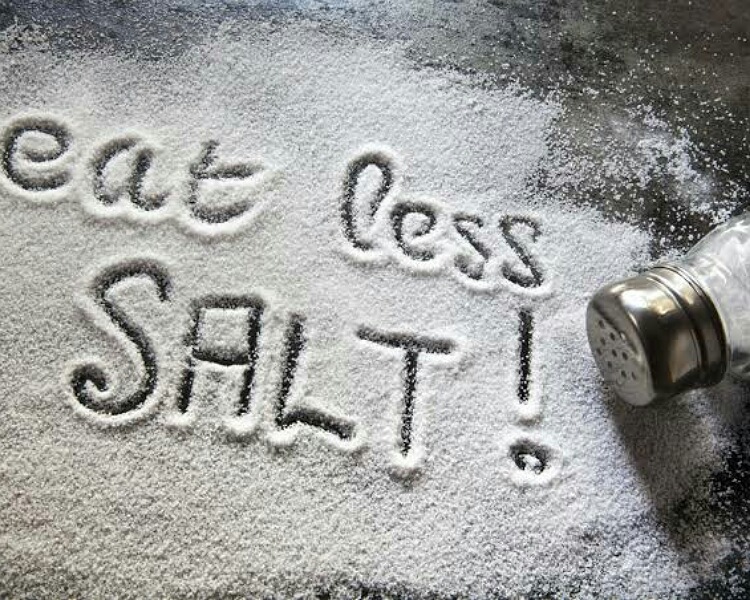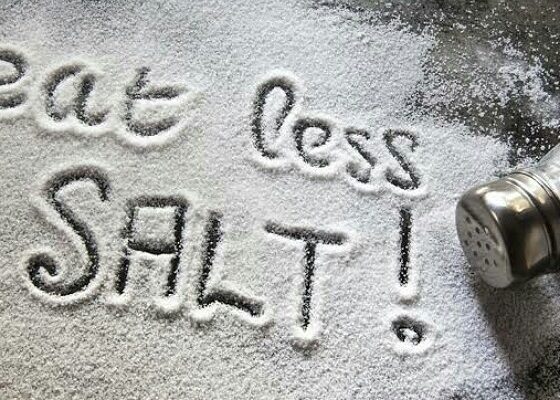Heart is the vital organ that pumps blood to the whole body. It requires exercises, healthy diet and healthy lifestyle to protect it. What are the steps to ensure a good heart health?
Heart and heart health
Heart is the vital organ of the body. It beats more than 100000 times in day in order to reach the blood to the different body tissues. Hence, it is essential to protect it from ailments. The blood vessels providing blood to the heart (coronary arteries) should remain unclogged and healthy.
A healthy lifestyle, healthy diet, and regular exercise can ensure a good heart health. Here are the 8 dietetic steps to make sure that your heart pumping remains good and efficient for a longer time.

Portion size control
What you eat is important. But how much you eat also matters a lot. Excess of anything is bad. This includes foods. Hence, one has to eat in moderation. Choose a smaller meal plate. Do not overload it. Eat slowly. Do not overstuff yourself. Restaurants serve more food than an individual’s needs. Share foods that you order there.
Also, one can eat more of low calories and nutrients dense foods like fruits and vegetables. But avoid too much of high calories foods. Also limit your number of servings.
Eat adequate fruits and vegetables
These are low calories nutrients dense foods. They have a lot of dietary fiber, minerals, vitamins and antioxidants. They keep you full longer and assist in weight management. And they keep chronic diseases at bay and lower risk of cancer. Choose recipes that have these in them. Add them to different food dishes. Keep them within reach for easy snacking on them.

Have whole grains
These have complex carbs, proteins, dietary fiber and other nutrients. Diversify your grain range. Avoid refined forms.
Avoid unhealthy fats
Saturated fats abound in animal meat. Have healthy fats such as from nuts, seeds, seafoods etc. Avoid foods with transfat. And have foods in which saturated fat content is less than 6%. Therefore, choose lean meats. Avoid butter, margarine in cooking. Read food labels and avoid high fat foods.
Prefer low fat protein sources
Opt for proteins that are not having high fats in them. Prefer skimmed milk to whole fat milk. And eat skinless chicken breasts in place of fried chicken patties. Plant protein sources have lesser fat in them. Opt for them.
Reduce salt intake

Keep your intake of salt in a day to lower than the recommended limit. For adults the limit is 2300 mg in a day. And for an infant it is just 1 gram. Sodium can lead to high blood pressure and heart diseases. It can overload the kidneys and damage them. Check labels of packaged foods and avoid those with high salt content in them.
Plan in advance your diet
Considering the above points, plan your daily diet well in advance. Try to keep variety in foods for a wholesome diet.
Also, read Pancakes, a hearty breakfast: nutritional value, recipe, and how to healthify them?
Occasional treat is OK
Do not be harsh on self. Enjoy a treat occasionally. But do not overindulge. Have it in moderation.
These 8 tips will help you in a good and long life.
